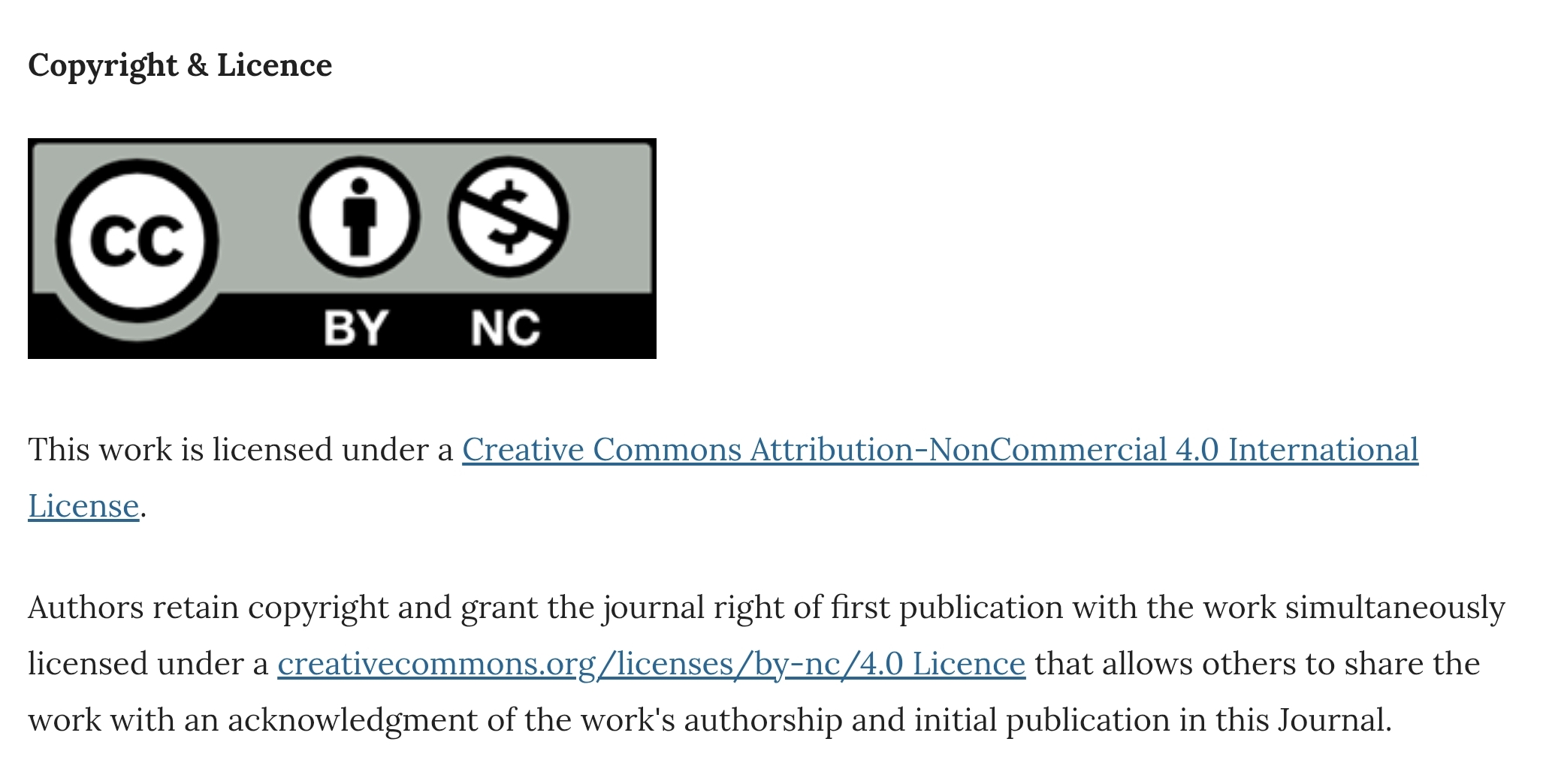Disability assessment in Traumatic Brain Injury – Issues and controversies
DOI:
https://doi.org/10.30834/KJP.35.2.2022.351Keywords:
Traumatic brain injury, disability certification, RPWD ActAbstract
This viewpoint article discusses the issues and difficulties that psychiatrists face when seeing patients with traumatic brain injury. Lack of proper instruments for assessment, lack of clarity on who is the medical authority for certification, confounding effects of comorbidities, etc. are discussed.
Downloads
References
The Rights of Persons with Disabilities Act, 2016, Gazette of India (Extra-Ordinary); 28 December. 2016. [Last accessed on 2022 June 20]. Available from: http://www.disabilityaffairs.gov.in/uploaad/uploadfiles/files/RPWD/ACT/2016.pdf.
The Rehabilitation Committee of the Indian Psychiatry Society. IDEAS (Indian Disability Evaluation and Assessment Scale) – A scale for measuring and quantifying disability in mental disorders. Gurgaon, India: Indian Psychiatric Society;2002.
Ustun TB, Kostanjsek N, Chatterji S, Rehm J & Word Health Organization (Eds.). Measuring health and disability: Manual for WHO Disability Assessment Schedule (?WHODAS 2.0)?. (Monograph on the internet) Geneva: World Health Organization; 2010. Available from: https://www.who.int/publications/i/item/measuring-health-and-disability-manual-for-who-disability-assessment-schedule-(-whodas-2.0).
Rao SL, Subbakrishna DK, Gopukumar K, NIMHANS Neuropsychological Battery Manual 1st Ed. Bengaluru: NIMHANS;2004.
Beck AT, Ward CH, Mendelson M, Mock J, Erbaugh J. An inventory for measuring depression. Arch Gen Psychiatry 1961;4:561-571.
Basavarajappa C, Mehta UM, Sivakumar T, Kumar NC, Thirthalli J. Disability certification in India: Indian Disability Evaluation and Assessment Scale versus World Health Organization Disability Assessment Schedule. Indian J Psychol Med 2017;39:715-716.
Sparrow S, Cicchetti DV, & Balla DA. Vineland adaptive behaviour scales: Second edition, Survey interview form/caregiver rating form. Livonia: Pearson Assessments;2005.
Math SB, Gupta A, Yadav R, Shukla D. The rights of persons with disability bill, 2014: Implications for neurological disability. Ann Indian Acad Neurol 2016;19:S28-S33.
World Health Organization. International classification of functioning, disability and health (ICF). Geneva: World Health Organisation; 2001.
Tombaugh TN, McDowell I, Kristjansson B, Hubley AM. Mini-Mental State Examination (MMSE) and the Modified MMSE (3MS): A psychometric comparison and normative data. Psychological Assessment 1996;8(1):48-59.
Hsieh S, McGrory S, Leslie F, Dawson K, Ahmed S, Butler CR, et al. The Mini-Addenbrooke’s Cognitive Examination. Dement Geriatr Cogn Disord 2015;39(1-2):1-11.
Freitas S, Prieto G, Simoes MR, Santana I. Psychometric properties of the Montreal Cognitive Assessment (MoCA): An analysis using the Rasch model, The Clinical Neuropsychologist 2014;28: 65-83. DOI: 10.1080/ 13854046.2013.870231.
World Health Organization. ICD-10: International classification of diseases and related health problems: Tenth revision, 2nd ed. Geneva: World Health Organisation; 2004.
Downloads
Published
How to Cite
Issue
Section
License
Copyright (c) 2022 Harish M Tharayil, Varsha Vidyadharan (Author)

This work is licensed under a Creative Commons Attribution-NonCommercial 4.0 International License.












